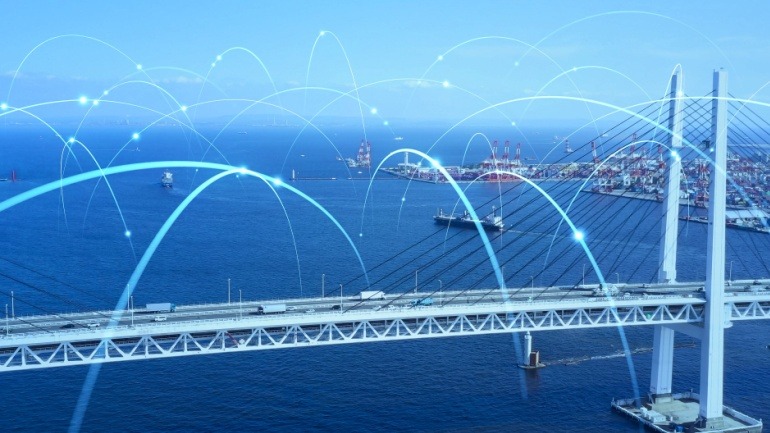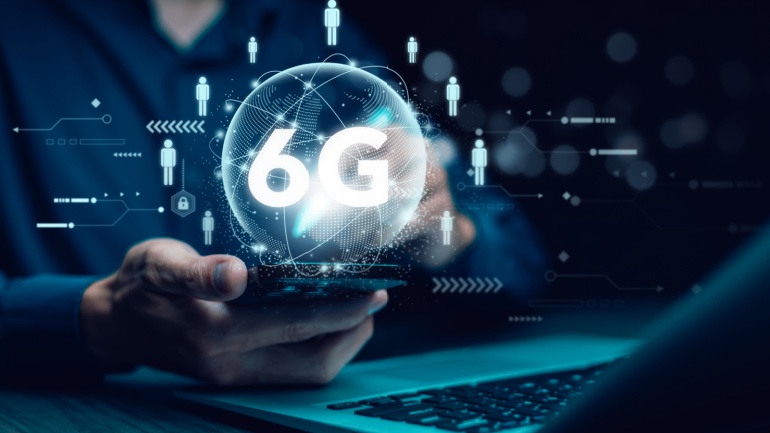Huawei and UAE telecom provider du have deployed the first indoor 5G-Advanced network in the Middle East, utilizing three carrier aggregation technology. This network delivers peak data rates of 5.1Gbps, enhancing indoor connectivity in shopping malls, hotels, airports, and residential buildings.
Nokia introduces a Private Wireless Sustainability Calculator to boost industry sustainability through private wireless networks. Leveraging extensive deployment experience, this tool aids enterprises in achieving environmental and social goals. Key benefits include lower carbon emissions, improved safety, and cost savings, crucial for Industry 4.0 applications like drones and digital twins.
MTN South Africa and ZTE Corporation have pioneered Africa’s first 5G maritime coverage near Mossel Bay. This leap in ocean-based connectivity promises to revolutionize tourism, fisheries, and the maritime economy while supporting ecological preservation. With over 210Mbps throughput 22 km offshore, 5G will enhance shipping, fishing, marine research, and rescue operations.
OneLayer, a 5G security startup, has signed a multi-year agreement with Evergy to secure operational technology assets on its private network. Leveraging partnerships with Nokia and Ericsson, OneLayer’s zero-trust security platform, OneLayer Bridge, will manage IoT and OT devices across the U.S.
NVIDIA is partnering with T-Mobile, Ericsson, and Nokia to revolutionize mobile networks using AI-RAN. By leveraging the NVIDIA AI Aerial platform, this alliance aims to enhance 5G and future 6G networks. The partnership will optimize network performance and operational costs, paving the way for innovative AI-powered applications.
Reliance Jio Infocomm has partnered with OnePlus to validate 5G network slicing at a new 5G lab in India. This innovative technique divides a single physical network into multiple virtual networks, enhancing the 5G experience.
SoftBank and Intelsat have launched an innovative hybrid network for seamless 5G connectivity, integrating mobile and satellite technologies. This groundbreaking initiative aims for uninterrupted global communication, supporting applications like connected vehicles and disaster response.
Ofcom has introduced new regulations mandating that internet service providers (ISPs) clearly state whether their broadband uses full-fibre, part-fibre, copper, or cable networks. This aims to eliminate confusion among consumers by providing transparent information on network technologies. By making informed comparisons, customers can better choose the right internet services.
Ericsson and global operators like Vodafone and AT&T have launched a joint venture to commercialize network APIs globally. This initiative aims to standardize API offerings, fostering innovation and monetization in the 5G era. By collaborating with major players such as Vonage and Google Cloud, the venture promises to revolutionize the voice over IP (VoIP) landscape.
SoftBank and Nokia have partnered to research cutting-edge communication technologies, focusing on AI-RAN and 6G innovations. By leveraging Nokia’s Cloud RAN and conducting field tests, they aim to transform digital society. This collaboration underscores the critical role of AI in telecommunication, promising scalable and reliable communication networks essential for smart cities.













